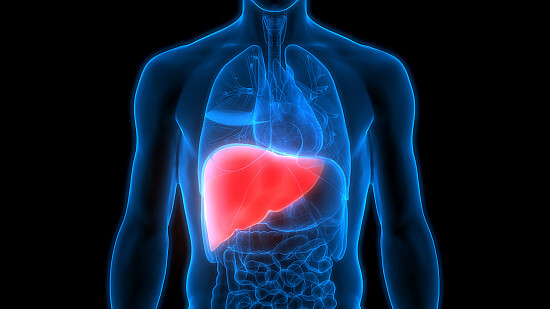Obese, lean children have different gut bacteria:study

Obese children have a
different population of bacteria living in their digestive tracts compared with
lean children, according to a new study that may lead to treatments for
early-onset obesity.
The study is the first to find a connection between gut microbiota, also called gut flora, and fat distribution in children and teenagers, researchers said."Our findings show children and teenagers with obesity have a different composition of gut flora than lean youth," said the study's senior author, Nicola Santoro, Associate Research Scientist at Yale University in the US.
"This suggests that targeted modifications to the specific species composing the human microbiota could be developed and could help to prevent or treat early-onset obesity in the future," said Santoro.
The study examined gut microbiota and weight in 84 children and teenagers who were between seven and 20 years old.The participants included 27 youth who were obese, 35 who were severely obese, seven who were overweight and 15 who were normal weight.
Researchers analysed the participants' gut microbiota. The participants underwent an MRI to measure body fat partitioning, provided blood samples and kept a three-day food diary.
10pt;">They found eight
groups of gut microbiota that were linked to the amount of fat in the body.
Four of the microbial communities tended to flourish in children and teens with
obesity compared to their normal-weight counterparts.Smaller amounts of the
other four microbial groups were found in participants who were obese compared
to children and teenagers of normal weight.
The gut microbiota found in youth who were obese tended to be more efficient at digesting carbohydrates than the gut flora of teenagers and children of normal weight.In addition, the children with obesity tended to have higher levels of short chain fatty acids in the blood than children of normal weight.
The study found short chain fatty acids, which are produced by some types of gut bacteria, are associated with the production of fat in the liver.
"Our research suggests that short chain fatty acids can be converted to fat within the liver and then accumulate in the fat tissue," Santoro said.
"This association could signal that children with certain gut bacteria face a long-term risk of developing obesity," said Santoro.
The study was published in the Journal of Clinical Endocrinology & Metabolism.
AIMIM News
Latest Urdu News
Most Viewed
Do you think Canada-India relations will improve under New PM Mark Carney?






























